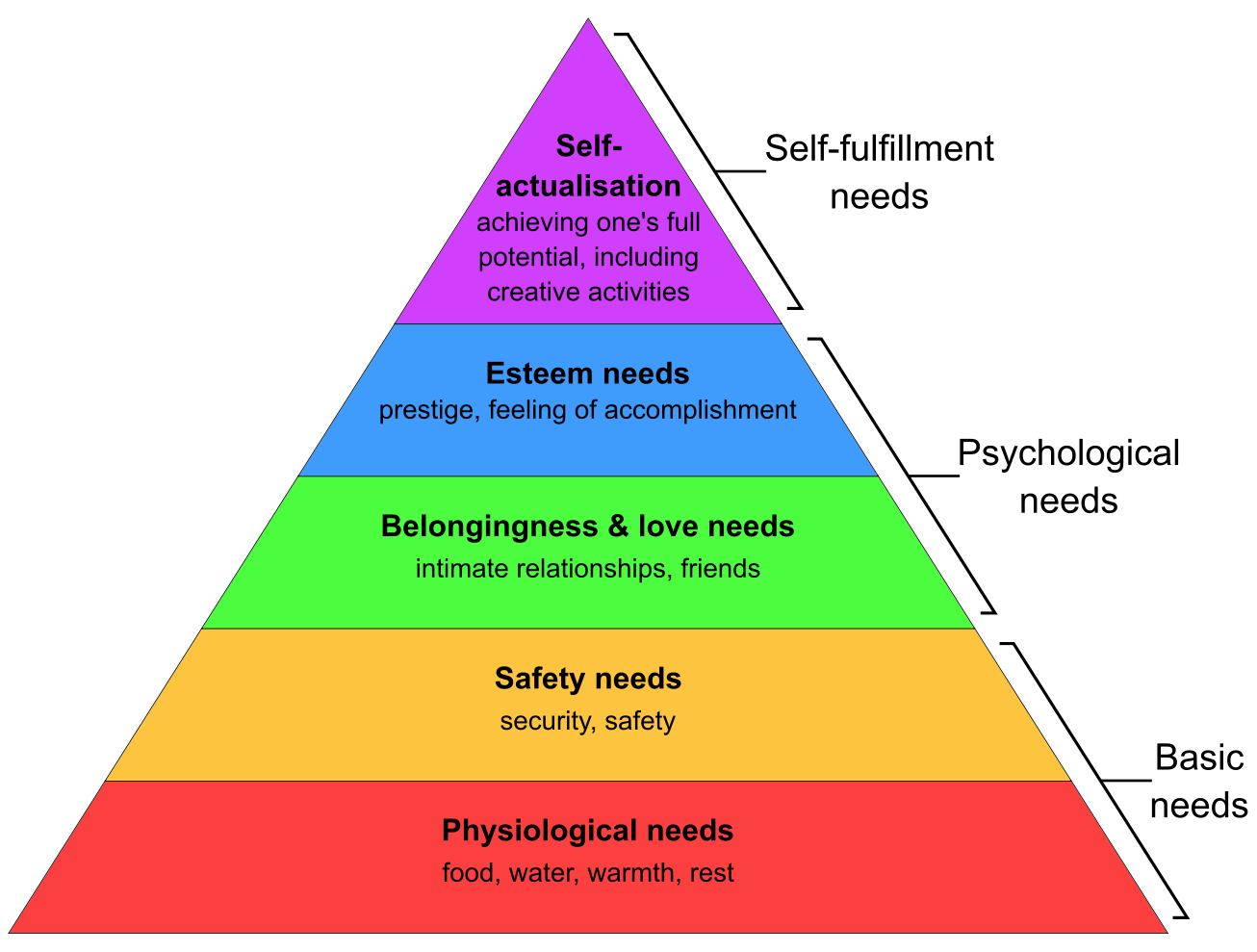In Defense of Denial
Like most therapists, I'm a big proponent of feeling your feelings. (In fact, if you’ve met me in real life, you’re probably well aware of this, as I share every feeling at every moment). Experiencing your emotions (namely the tough ones) is a key part of good mental and emotional health. After all, ignoring your feelings doesn’t make them go away. In fact, your feelings don’t care that you don’t want to deal with them; they will find a way to make themselves known.
All that being said, sometimes denying our feelings, for a little while, is a necessary coping mechanism. Remember Kubler-Ross and her stages of grief? The first stage is denial. You know, “this can’t be happening, there has to be some mistake.” There’s a good reason we start there when hit with bad news: some experiences are just too hard to process all at once. Instead, we sometimes have to pretend they’re not happening until we’re ready to handle them.
Notice that last sentence: denial needs to be a temporary response. At some point, you do have to acknowledge what’s happening, be it a poor prognosis or a financial crisis or a death. You can’t ignore your circumstances forever. But you can sort of ignore them temporarily. Our brains are not made to withstand constant distress. Denial exists so that we can continue to function while bad things are happening to us.
So if you need, for a little while, to live in the land of Denial, be my guest. It can be a really pleasant and helpful place to visit. Just make sure you aren’t there to stay; those feelings you’re avoiding won’t stay hidden forever. Better for you to the be the one who decides how to deal with them.













